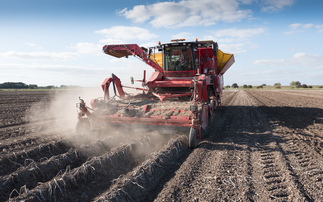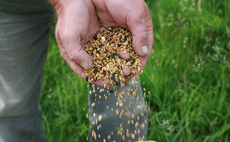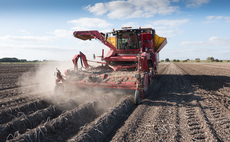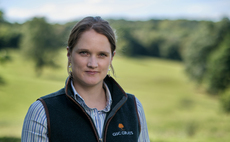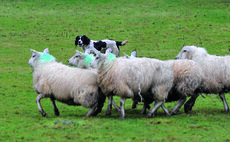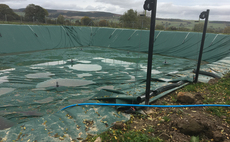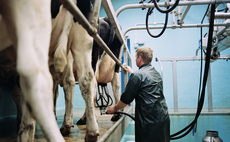
The new find will apply to those working in horticulture, forestry and plant protection
The UK's ability to protect plant health and biosecurity is set to be boosted after the Government unveiled a new grant.
Defra has announced that research funding will be available for businesses working in technological innovation across sectors including horticultural, forestry, growing, and plant products export.
From this week, businesses can apply for a share of an £800,000 funding pot which has been launched by Defra in partnership with UK Research and Innovation (UKRI) to devise solutions and technologies to increase UK biosecurity and protect it from regulated plant diseases and pests.
Part of Defra's Plant Biosecurity Strategy, the fund will develop innovations to enhance plant health inspections, both at the border and in-land, pest and disease surveillance and management of infected commodities - helping safeguard food security and mitigate the effects of climate change.
Lord Benyon, Defra Minister for Biosecurity, said the fund signified how important it was for the UK to be at the forefront of emerging technologies.
See also: Scientists are now using AI to monitor biodiversity
"Plants and trees provide £15.7 billion to society annually in the UK and it is imperative that they are protected.
"The UK is proud to be a global leader in plant biosecurity, and this new investment is part of the Government's commitment to invest in new technologies, enhance biosecurity and boost the economy which will ensure protection for our plants and trees."
Activities which will be eligible for the grant include: developing innovative technologies and practices to enhance border inspections of traded plants for planting and plant commodities; enhancing in-land inspections of plants in nurseries to enable pest and pathogen detection in the field, reducing the risk of outbreaks; and utilising passive and scanning surveillance approaches to provide methods for detecting pests and diseases in different landscape settings.
Professor Guy Poppy, interim executive chair of the Biotechnology and Biological Sciences Research Council (BBSRC), said: "Healthy, robust, resilient plants are paramount to the health of our environment, food supply, economy and society. It is therefore mission critical that the UK invests the resource required to effectively predict, prevent, detect and manage threats to plant health."








